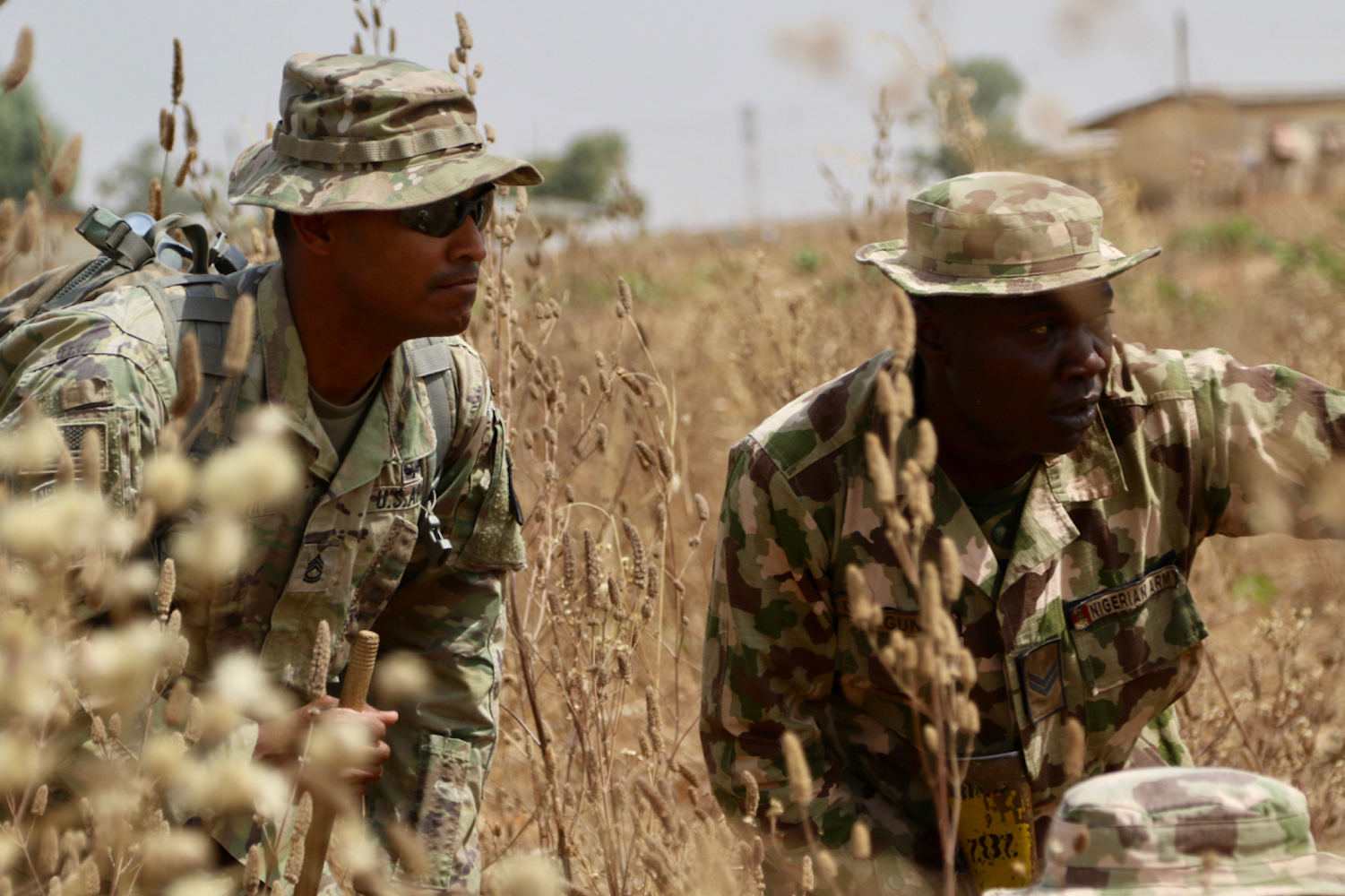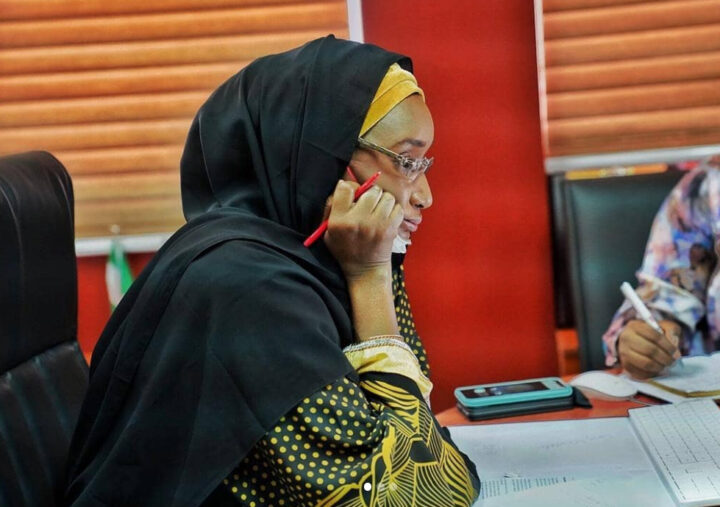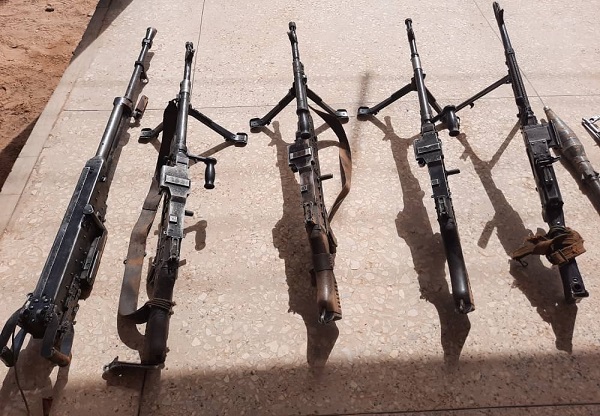Twelve U.S. Army Soldiers share tactics and training with a little over 200 Nigerian Army Soldiers from 26th Infantry Battalion in a remote military compound four hours north of the capital in Jaji. The seven- week training includes reacting to an IED, react to an ambush, securing an objective, operations planning, etc. The training's significance cannot be underestimated. These Nigerian Soldiers may eventually use these tactics when forward-deployed to fight against the violent terrorist organization, Boko Haram.
Nigerian Advanced infantry training has significant implications outside of on-the-ground tactical maneuvers. This bilateral military-to-military training carries diplomatic weight showcasing the U.S.'s commitment to its African partners and Nigeria's commitment to countering violent extremist organizations.
A pro-Buhari group has vowed to resist the attempt by some politicians to blackmail the military.
In a statement, Audu Atumeyi, a spokesman of the group, accused a governor of leading the campaign against the military.
The group said it is gradually becoming a pattern to accuse the military of wrongdoing without the necessary facts and evidence to back it up.
“The allegation about troops engaging in fishing business is totally untrue as no military top commander control their postings and therefore cannot afford the luxury of investing in ventures like fishing when they know not when they’ll be removed from such stations,” Atumeyi said.
Advertisement
“Secondly, only a foolish officer would abandon the task of fighting Boko Haram with all the inherent danger, and engage in buying and selling when he knows that going by the callousness of the Boko Haram members and their desperation to hit at Nigerian troops, they could spring surprises at any time if guards are lowered.
“Thirdly, most of the officers and military men posted to these stations are from other battalions whose knowledge of the fishing terrain are technical but not to the extent of taking over the businesses of residents and indigenes.
“There are, for instance, said to be about 200 permanent and semi-permanent fishing communities in Baga town and over 40,000 fishermen on the Nigerian side of the Lake Chad which is shared by Nigeria, Chad, Niger Republic and Cameroon.
Advertisement
“How the military can take over the business of dealing in not less than seven fish species with over 40,000 participating interests who have been involved in it for years remains a puzzle.”






